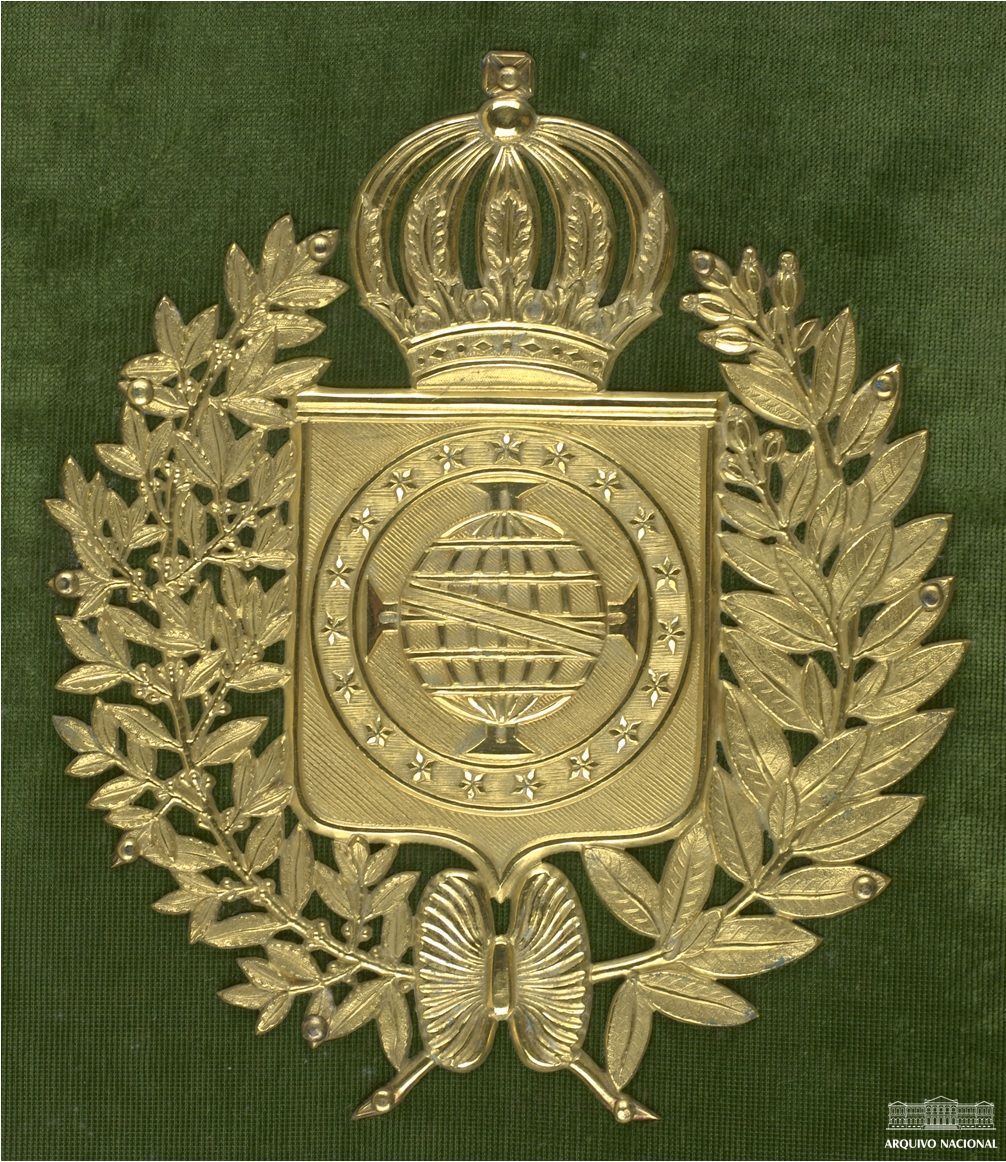
This AAR is a semi-interactive one. What does that mean? Well, it's written just like a regular AAR, specifically one within the "History Book" format, a classic of these forums. However, there are some points of inflection that come up frequently during the history of any peoples or nations, and Imperial Brazil is no different; and that is where I'm willing to give you, the readers, a say! After most, or even every update, I shall present a situation or question, put it in context, and offer you choices relating to it. Your interactive role will be simply to vote on your preference; this author shall tally votes and make public their results after a quick waiting period, and work out this information and its outcomes within the update, in a manner I judge to be historically plausible and/or too interesting and fun to pass up.
In order to keep this AAR within sense and following its primary purpose, however, I have consciously decided to enforce a rule preventing IC (in-character) posting. I find fully interactive AARs amazing, I participate and have participated in various ones; however, I could not manage a full IAAR properly for time and other reasons. Which does not take anything away from this very project, mind you: I find the myriad stories one can narrate in Imperial Brazil to be fascinating (and I hope they also become so, for you the readers). Hence, I have decided to start this project within these limitations.
So, as a general reminder, I'm stating this explicit rule:
The posts in-thread must be limited to commentary and questions as readers of the AAR. There are no IC posts in the mechanics of this AAR. Player interaction is done exclusively by voting on the options presented.
As readers, then, you are invited to present comments and questions as you wish, just like you would in a normal AAR, of course following the everlasting principles of common decency, virtual sociability, appreciating the resident author most faithfully and respecting the forum rules and all that jazz.
The idea behind this AAR was born out of my recent, deeper studies into Imperial Brazilian History, and a re-reading of my 2016 attempt at sort-of the same theme, available in this thread. For IRL reasons of too much work, I abandoned that project back then, and have since acquired much more knowledge on the subject. I'd like to thank here my Imperial History professor for solving some of my weirdest doubts and providing invaluable insight on a multiplicity of topics, as well as, in the forum community, DensleyBlair and 99KingHigh, whose writing styles for AARs I take on as direct inspiration.
I hope this project turns out to be consistent, provide some valuable content and fun joint participation and readership.
Viva a Pátria!
Semi-Interactivity approved by Mr. C on 5 July, 2020
Semi-Interactivity approved by Mr. C on 5 July, 2020
Last edited:
- 1




.jpg)
.png)
.jpg)
.jpg)
.jpg)


